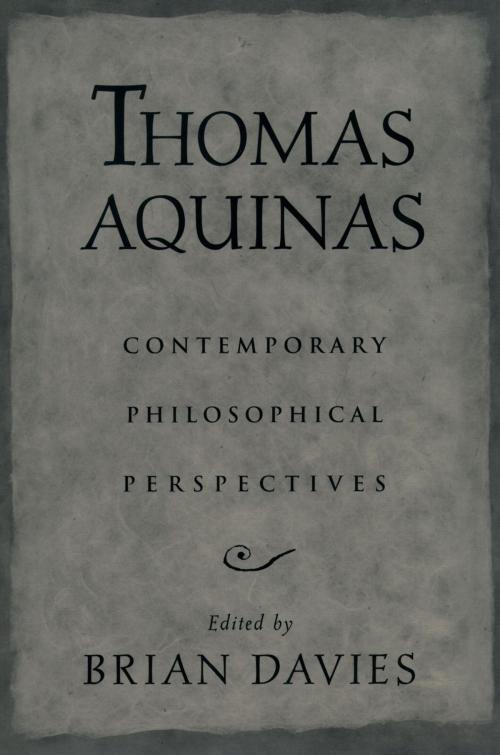Thomas Aquinas
Contemporary Philosophical Perspectives
Nonfiction, Religion & Spirituality, Philosophy, Medieval, Metaphysics| Author: | ISBN: | 9780190288341 | |
| Publisher: | Oxford University Press | Publication: | December 5, 2002 |
| Imprint: | Oxford University Press | Language: | English |
| Author: | |
| ISBN: | 9780190288341 |
| Publisher: | Oxford University Press |
| Publication: | December 5, 2002 |
| Imprint: | Oxford University Press |
| Language: | English |
The work of Thomas Aquinas has always enjoyed a privileged position as a pillar of Catholic theology, but for centuries his standing among western philosophers was less sure. Today, Aquinas's work is recognized as a cornerstone of the western philosophical tradition. This book offers a full-scale introduction to Aquinas's philosophy. Brian Davies has collected in one volume the best recent essays on Aquinas by some of the world's foremost scholars of medieval philosophy. Taken together, they illuminate the entire spectrum of Aquinas's thought: philosophy of nature, logic, metaphysics, natural theology, philosophy of mind, philosophy of action, and ethics. The essays are philosophically solid, readable, informative, critical, and evaluative of the texts of Aquinas. Davies frames the essays with a detailed introduction that provides an account of Aquinas's life and works, as well as of his major philosophical conclusions.
The work of Thomas Aquinas has always enjoyed a privileged position as a pillar of Catholic theology, but for centuries his standing among western philosophers was less sure. Today, Aquinas's work is recognized as a cornerstone of the western philosophical tradition. This book offers a full-scale introduction to Aquinas's philosophy. Brian Davies has collected in one volume the best recent essays on Aquinas by some of the world's foremost scholars of medieval philosophy. Taken together, they illuminate the entire spectrum of Aquinas's thought: philosophy of nature, logic, metaphysics, natural theology, philosophy of mind, philosophy of action, and ethics. The essays are philosophically solid, readable, informative, critical, and evaluative of the texts of Aquinas. Davies frames the essays with a detailed introduction that provides an account of Aquinas's life and works, as well as of his major philosophical conclusions.















